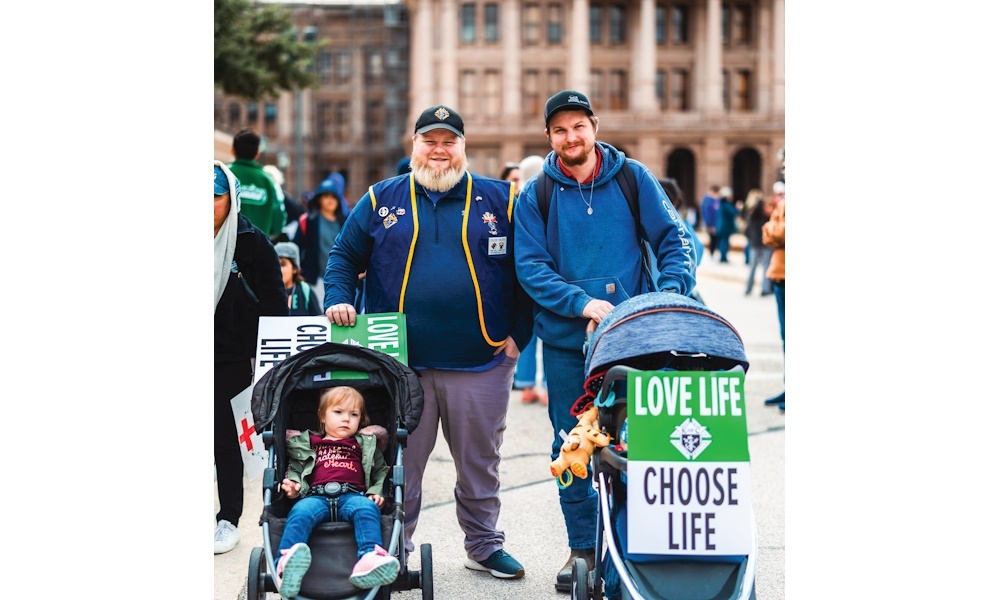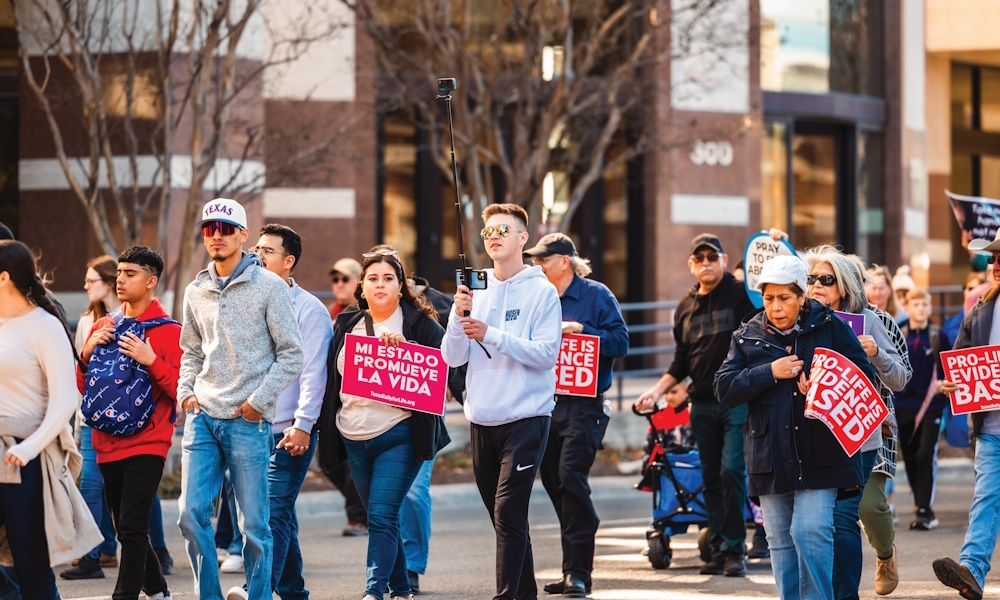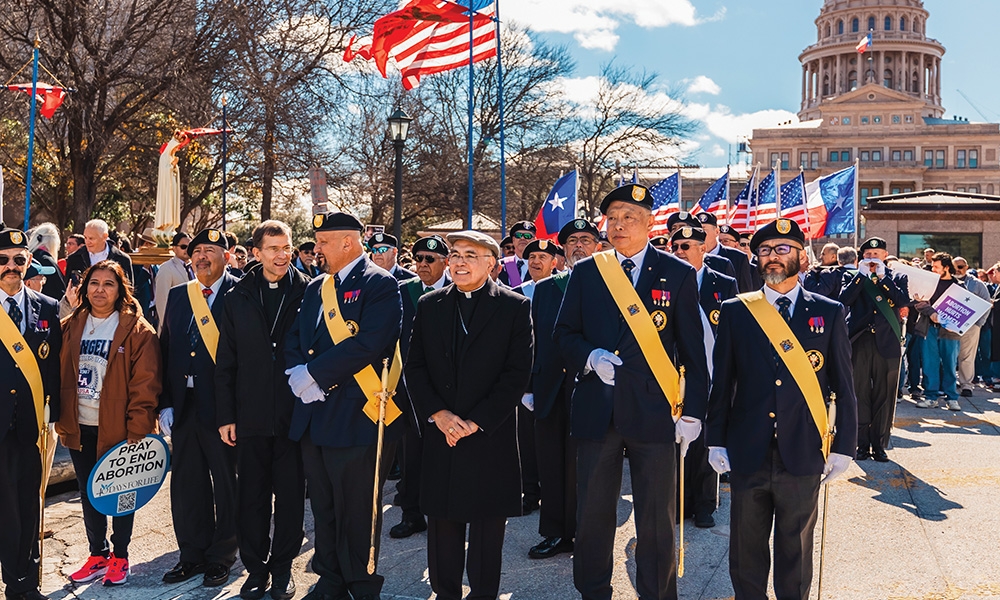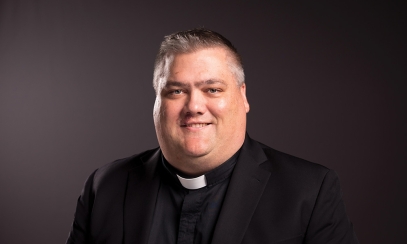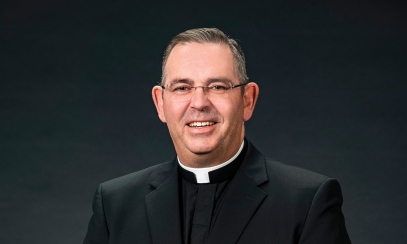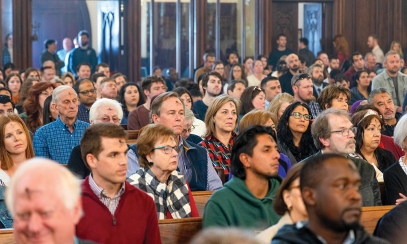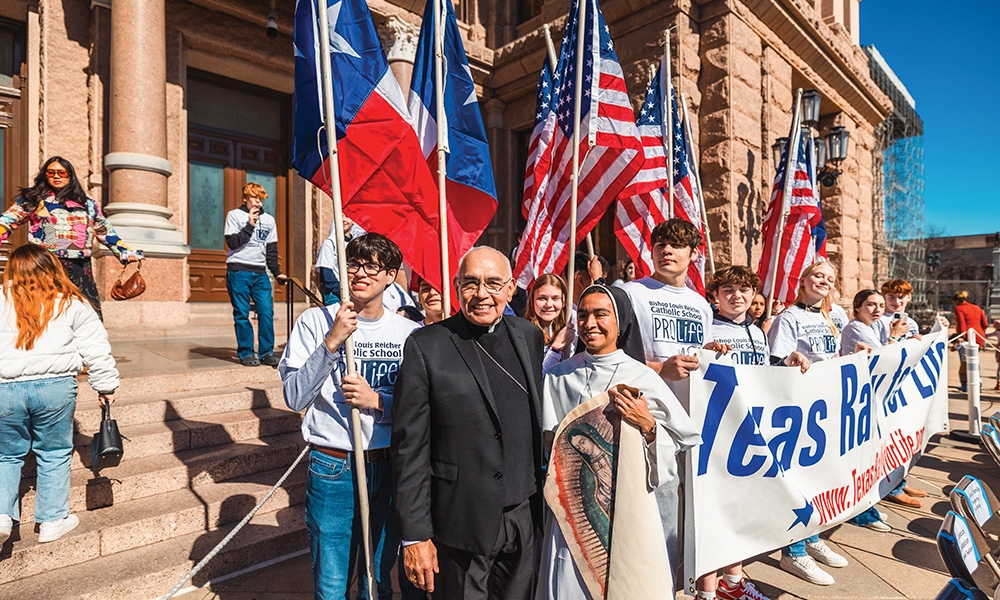
Examining the treasures of Catholic social teaching
Editor: Bishop Vásquez, with this interview, we are beginning a series on Catholic social teaching. What is Catholic social teaching?
Bishop Vásquez: Catholic social teaching is one of the best kept secrets of the Catholic Church! This collection of teachings offers us wisdom about building a just society and living lives of holiness in our modern society. Catholic social teaching gives us a framework for everything that the church teaches and believes about the human person.
Catholic social teaching is founded on the life and words of Jesus Christ, who came “to bring glad tidings to the poor ... liberty to captives ... recovery of sight to the blind” (Lk 4:18-19), and who identified himself with the hungry and the stranger (Mt 25:45). The seven principles of our social teaching have evolved from papal and Vatican documents published since the end of the 19th century when Pope Leo XIII wrote Rerum Novarum, which focused on the rights of laborers. Our social teachings also bring in wisdom from St. John XXIII, Pope Paul VI, St. John Paul II, Pope Benedict XVI and to our Holy Father, Pope Francis, as well as the Second Vatican Council.
As we examine these teachings over the next few months, I am hopeful we will experience the conversion of heart that is necessary to truly love one another as God loves us.
Editor: Why is it important to talk about Catholic social teaching right now?
Bishop Vásquez: Catholic social teaching strongly promotes active and faithful citizenship. As we enter election season, knowing Catholic social teaching is an excellent way to form our consciences so that we are prepared to vote in the upcoming election and to advocate always for the dignity of human life. It is our responsibility to study these fundamental understandings of our faith and to help others understand and come to know and to protect the lives of the weakest and most vulnerable among us.
Editor: Let’s begin with the first theme of Catholic social teaching, which is the Life and Dignity of the Human Person.
Bishop Vásquez: The dignity of the human person is the foundation for a moral vision of society. The church has always taught that human life is sacred from the moment of conception until natural death. In our modern society, the value of human life is being threatened by abortion, cloning, embryonic stem cell research, and the use of the death penalty.
No matter whether it's a tiny baby or an elderly person in a nursing home or anyone in between, every person is beautiful in the eyes of God. Therefore, we must protect and honor the life and dignity of every human. The Catholic Church did not invent this concept; it is part of natural law, which God has engraved in the soul of every person.
God, whose very nature is communal, has created us to be in community and to love and care for one another. The Ten Commandments and Christ’s command to “love the Lord, your God, with all your heart, with all your soul, and with all your mind,” and “love your neighbor as yourself” give us the guidance to love as God loves.
Editor: As we delve into these social teachings, what is your prayer for all of us?
Bishop Vásquez: There are people, including Catholics, who do not understand Catholic social teaching. Therefore, I pray that we will come to value Catholic social teaching and will study these treasures of our faith. May we seek to develop a just society built on the understanding that each of us has been created in God's image and likeness; therefore, each person has certain rights that must be respected. Moved by God’s law and activated by his grace, may we continue to protect the weakest and most vulnerable in our society. I ask for the intercession of Pope St. John Paul II who valiantly showed us the beauty and dignity of every stage of human life. Amen.
For more information about Catholic social teaching, visit www.austindiocese.org/catholic-social-teaching.
Bishop Joe S. Vásquez is the fifth bishop of the Austin Diocese, which is home to more than 700,000 Catholics.
For details, visit the diocesan website at austindiocese.org.

